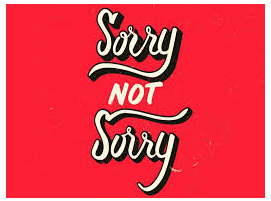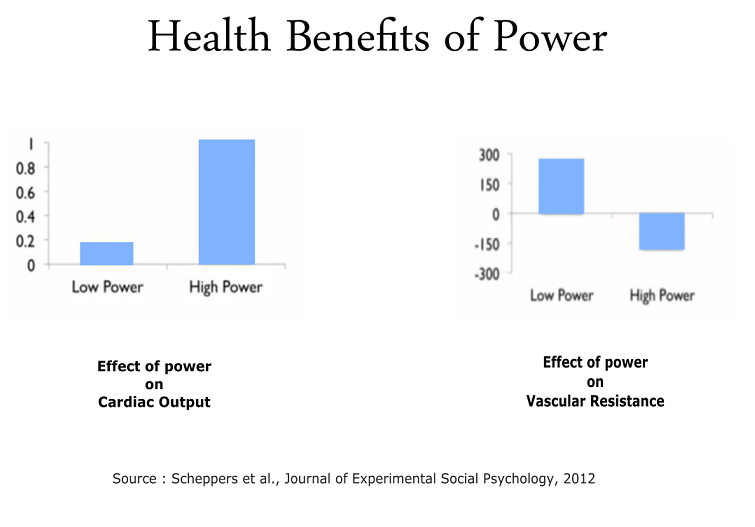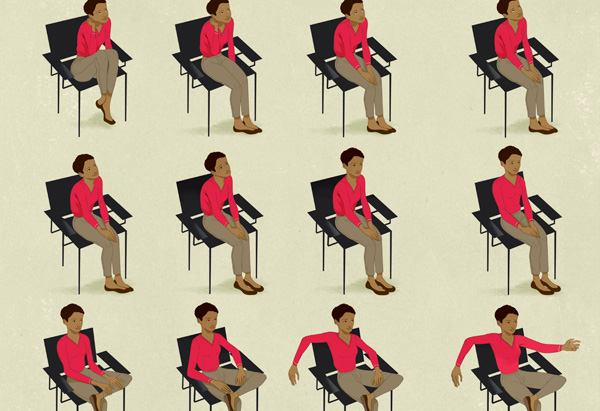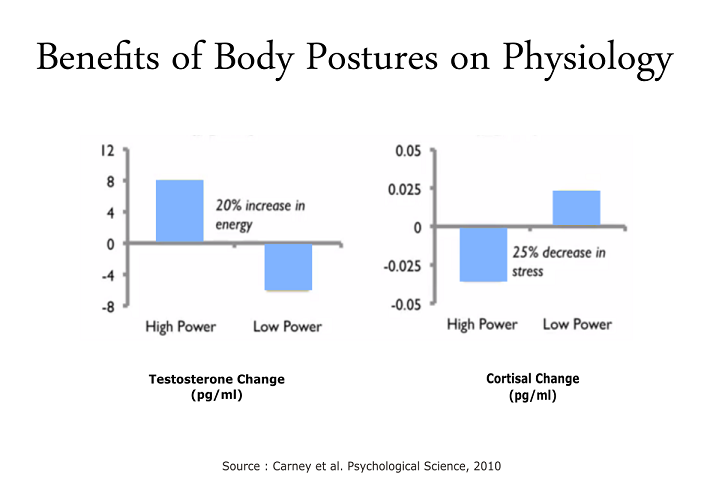In my news-feed today was this headline:
New Gmail plugin “Not sorry” highlights words that undermine your message.
Inspired in part by Fast Company‘s article from June 2014 arguing women should stop apologizing, a company called Cyrus Innovation built a Gmail plugin called “Just Not Sorry.” The plugin highlights wishy-washy words and phrases thought to undermine a message (think: “sorry,” “just” and “I’m no expert”) in the body of your email, as though they’re misspelled. Though the project keeps the allegedly female-specific problem in mind, the plugin itself isn’t gender-specific: Men and women can both download it to make sure they’re saying what they mean.
This is a great step in enabling an environment, where individuals embrace confidence and do not feel the need to apologize for being competitive/smart or asserting their legitimate power/superiority.
Numerous studies report of emotional, physical and psychological benefits of feeling powerful.
As per studies conducted there are three broad bases of power: (Source : Fiske and Berdahl, 2007 ; Sturm and Antonakis, 2014):
- Personal bases of power
- Cognitive bases of power
- Structural bases of power
Personal bases of power are essentially individual traits that set you apart positively from others – perhaps a great attitude, an individuals expertise or immense amount of information.
Structural power on the other hand is a kind of a legitimate power given to you – perhaps as part of the organizations structural hierarchy . This could be your designation as a boss, you authority/ability to provide bonuses or favours or even an authority to punish.
A recent example of the impact of structural power was popularized in the Hollywood adaptation of ‘The Stanford prison experiment’.
https://www.youtube.com/watch?v=gb4Q20z0T1Q
Perhaps the most neglected base of power is Cognitive power, which has to do with the priming that an individual or demographic receives and also the belief system prevalent in an individuals vicinity.
Constant priming and imparting of culture/beliefs on individuals, have an immense effect on an individual/groups behavior and shape how they perceive themselves.
While some demographics receive favorable stimulus thus priming them to feel a sense of increased power, others are made to feel somewhat powerless. Stemming usually from culture, these belief/stereotypes lead individuals to internalize their feeling of either feeling powerful or powerless by either enhancing or constraining our physiological power.
In fact, research shows that even in the absence of Structural and Personal powers, people can be primed to feel powerful by:
- Indulging in open body postures
(Read more on this here )
- By soliciting feedback on legitimate power
- By eliciting experiences in life, where they had power, and remembering the feelings associated with this sense of power and the subsequent impact on outcomes.
All of these practices, have a sure and lasting impact towards developing a sense of powerlessness.
When we are children and young adults, we vehemently believe in our instincts and powers, but when cultural and belief systems come to play, we self doubt despite our instincts hinting otherwise.
The important thing then is to understand the hindrances that are causing you to feel like you have no power, and confronting them.
Challenge the beliefs and stereotypes that constrain your power and harness those which boost it.
We should be living in a world, where each of us feels powerful and contributes without apologies.





